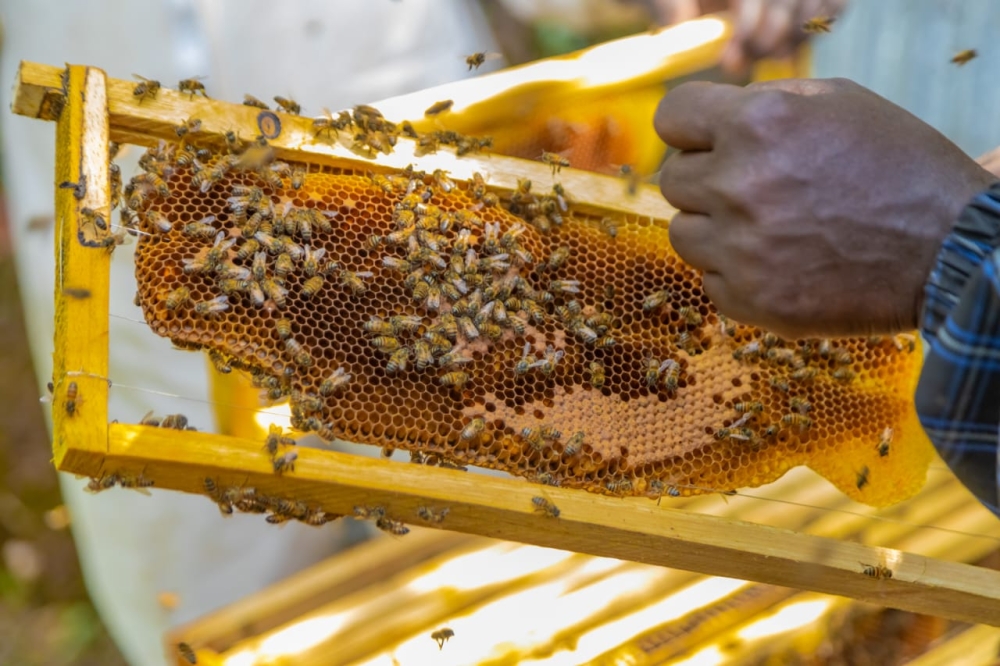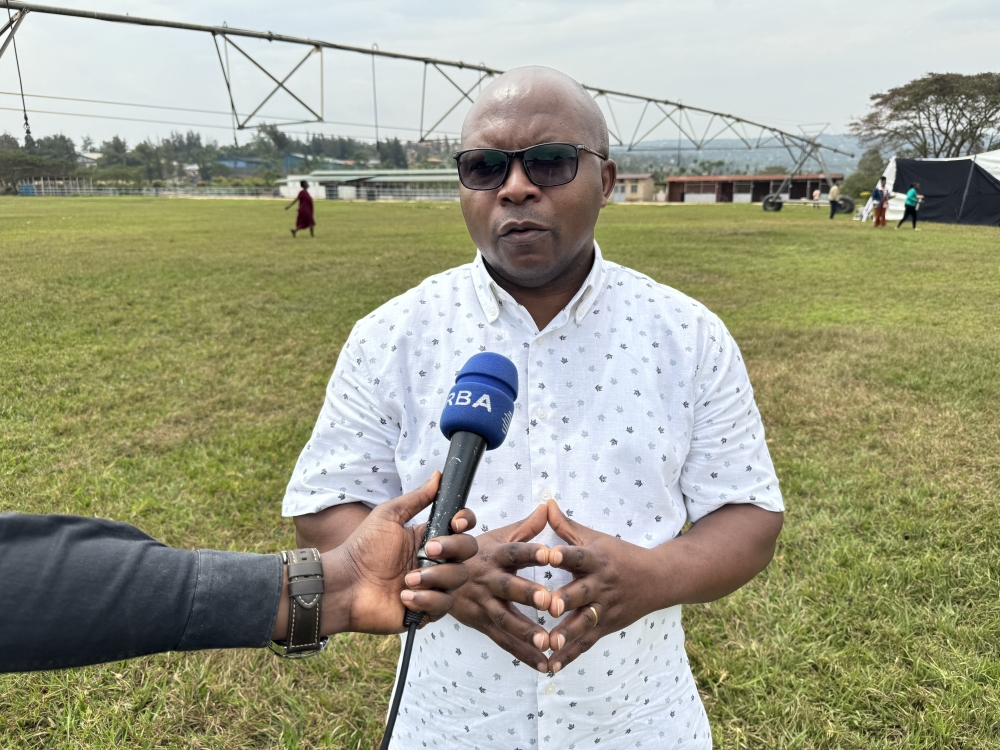China will launch three astronauts, including the nation’s first woman in space, to live and work on a space station for about a week, a major step in its goal of becoming only the third nation with a permanent base orbiting Earth.

China will launch three astronauts, including the nation’s first woman in space, to live and work on a space station for about a week, a major step in its goal of becoming only the third nation with a permanent base orbiting Earth.Liu Yang, a 34-year-old air force pilot, and two male colleagues will be launched on Saturday in the Shenzhou 9 spacecraft that will dock with the bus-sized Tiangong 1 space module now orbiting 322km above the Earth.Two of the astronauts will live and work inside the module to test its life-support systems while the third will remain in the capsule to deal with unexpected emergencies.State media have said the mission will last about 10 days before the astronauts travel back to Earth in the capsule that will land in the grasslands of western China with the help of parachutes.The official Xinhua News Agency announced on Friday that Liu would be joined by male astronauts Jing Haipeng and Liu Wang and that the launch would take place at 12:37 GMT on Saturday.Success in docking, and in living and working aboard the Tiangong 1, would smooth the way for more ambitious projects, such as sending a man to the moon, and add to China’s international prestige in line with its growing economic prowess.If completed, the mission will put China alongside the United States and Russia as the only countries to have independently maintained space stations,a huge boost to Beijing’s ambitions of becoming a space power. It already is in the exclusive three-nation club to have launched a spacecraft with astronauts on its own.Exclusion a key spurThe mission "demonstrates China’s commitment to its long-term human spaceflight plan”, said Joan Johnson-Freese, an expert on the Chinese space program at the US Naval War College in Rhode Island.She said its success "will demonstrate the technological capabilities requisite for a future permanent space station”.Still, that is some years away. The Tiangong 1 is only a prototype, and the plan is to eventually replace it with a permanent, and bigger, space station due for completion around 2020.The permanent station will weigh about 58 tonnes, slightly smaller than NASA’s Skylab of the 1970s and about one-sixth the size of the 16-nation International Space Station.Analysts say China’s exclusion from the ISS, largely on objections from the United States, was one of the key spurs for it to pursue an independent programme 20 years ago, which reaches a high point with Saturday’s launch.The three astronauts will conduct scientific and engineering tasks on Tiangong, or Heavenly Palace, which was put into orbit in September.Publicity boostChina first launched a man into space in 2003 followed by a two-man mission in 2005 and a three-man trip in 2008 that featured China’s first space walk.






